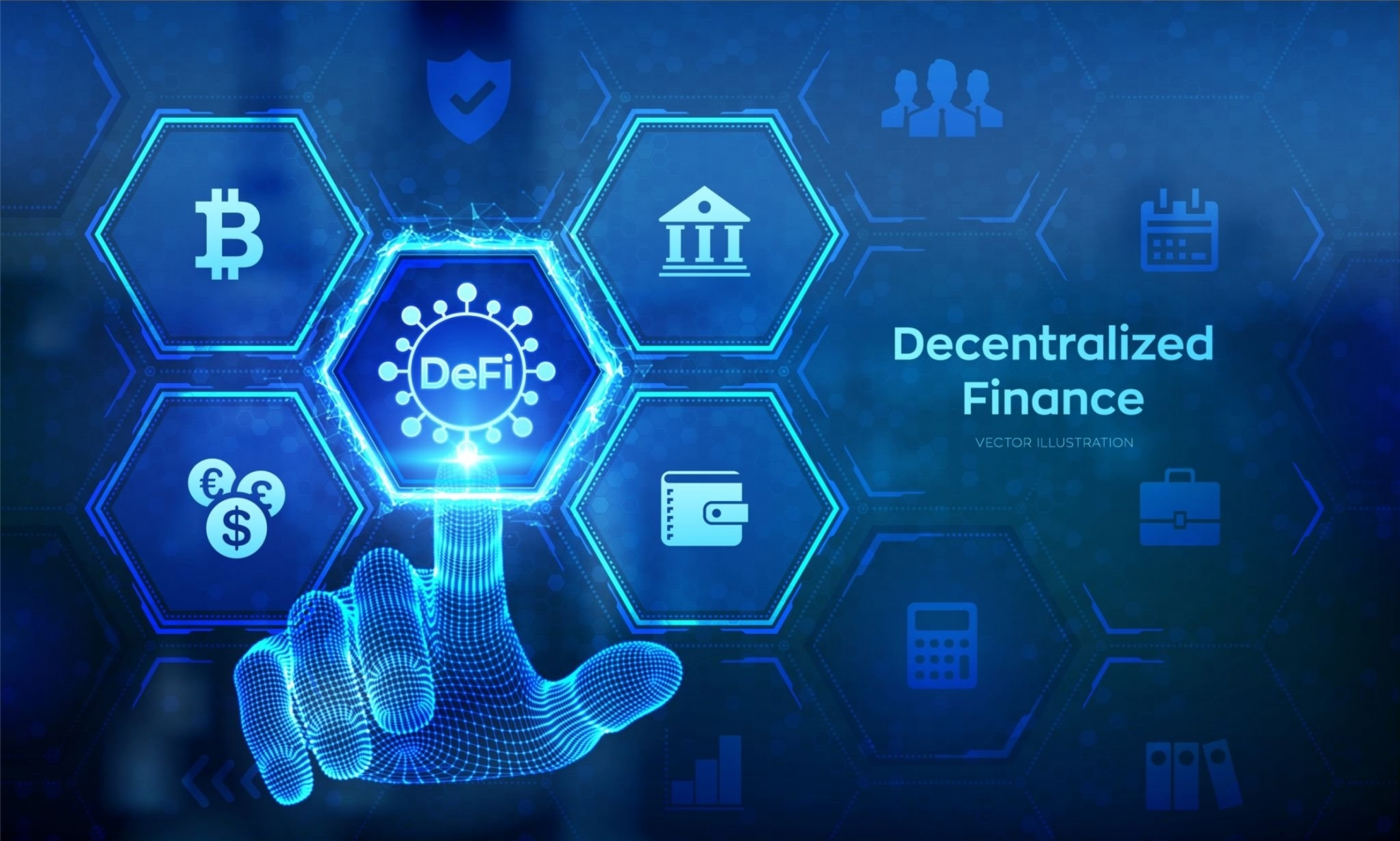
DeFi Smart Contract
In DeFi, a smart contract replaces the financial institution in the
transaction. A smart contract is a type of Ethereum account that can hold
funds and can send/refund them based on certain conditions. No one can alter
that smart contract when it's live – it will always run as programmed.
Many cryptocurrencies and decentralized applications (DApps) function using
smart contract code to facilitate the exchange of goods, services, data, funds
and so on. While users of centralized financial institutions, such as a bank
or credit unions, are able to rely on intermediaries to manage a transaction,
DApps must use smart contracts to ensure that each transaction is legitimate,
transparent and trustless — and that goods or services are, in fact, being
transferred in line with the predetermined provisions of the agreement.
DeFi Smart Contract
Decentralized finance uses the blockchain technology that cryptocurrencies
use. A blockchain is a distributed and secured database or ledger.
Applications called dApps are used to handle transactions and run the
blockchain.
In the blockchain, transactions are recorded in blocks and then verified by
other users. If these verifiers agree on a transaction, the block is closed
and encrypted; another block is created that has information about the
previous block within it.
The blocks are "chained" together through the information in each proceeding
block, giving it the name blockchain. Information in previous blocks cannot be
changed without affecting the following blocks, so there is no way to alter a
blockchain. This concept, along with other security protocols, provides the
secure nature of a blockchain.
National Institute of Standards and Technology. "Blockchain."

